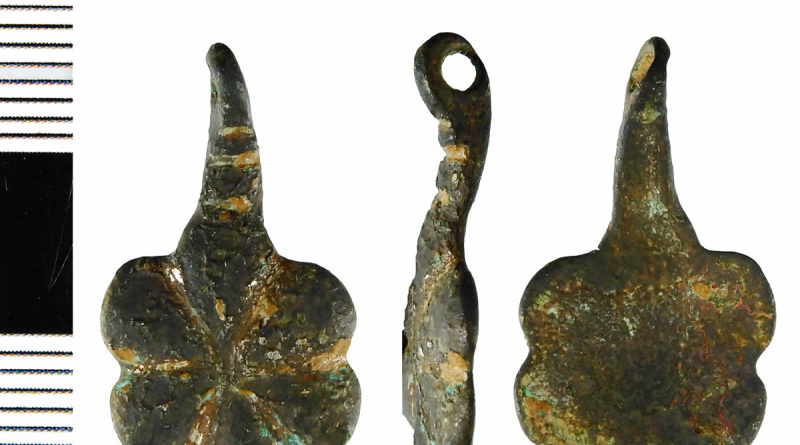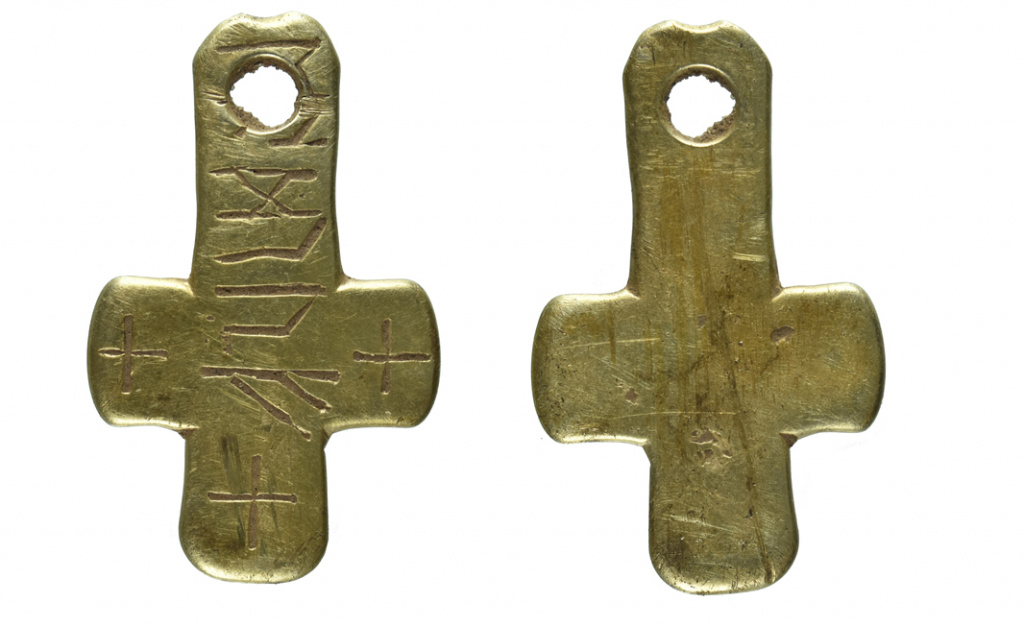One millionth find recorded at PAS
During this week, the Treasure Annual Report for 2019 and the PAS Annual Report for 2020 were launched.
PAS Annual Report for 2020
The report shows that 49,045 finds were recorded during 2020. This was a 40% fall compared to 2019, which was a record year, as the opportunities for metal-detectorists to go out detecting and record their finds were limited due to lockdowns and the impact of the Covid-19 pandemic. The counties recording the most PAS finds in 2020 were East Yorkshire (5,584 finds), Norfolk (5,206) and Suffolk (4,048).
More than 91% of the items recorded in 2020 were discovered by metal detectorists with 1,077 items deemed to be treasure. Finds made by 2,846 individuals were logged, and 93% of the finds were found on cultivated land. Michael Lewis, head of PAS and Treasure at the British Museum, said: “It is important to acknowledge the positive contribution made by metal-detectorists and other public finders across the country.“
1 million records
In November 2021 the PAS logged its 1 millionth record; a medieval harness pendant found in Binbook, Lincolnshire, (pictured above)
Over 1,500,000 individual items have been recorded but some discoveries are of multiple items, such as a hoard.
The UK Government’s arts minister Stephen Parkinson said: “I’m delighted that one million records of archaeological finds made by the public have now been logged. It shows the important role we all can play in protecting and cherishing our heritage.“
Treasure finds from 2019
During the launch, Lord Parkinson announced it was the 25th anniversary of the Treasure Act, calling it “an exciting time for treasure”. As part of the launch of the Treasure Annual Report for 2019, the find of a golf pendant with runic inscriptions was highlighted:
The pendant, in the form of a cross, dates to around AD 700-900 and was found near to Berwick-upon-Tweed, Northumbria on 31 October 2019 and recorded at the PAS as DUR-B62F57.
Runic inscriptions on objects are rare and even more uncommon on crosses. The inscription reads’ᛖᚫᛞᚱᚢᚠ’, which can be translated as Eadruf – likely a personal name


